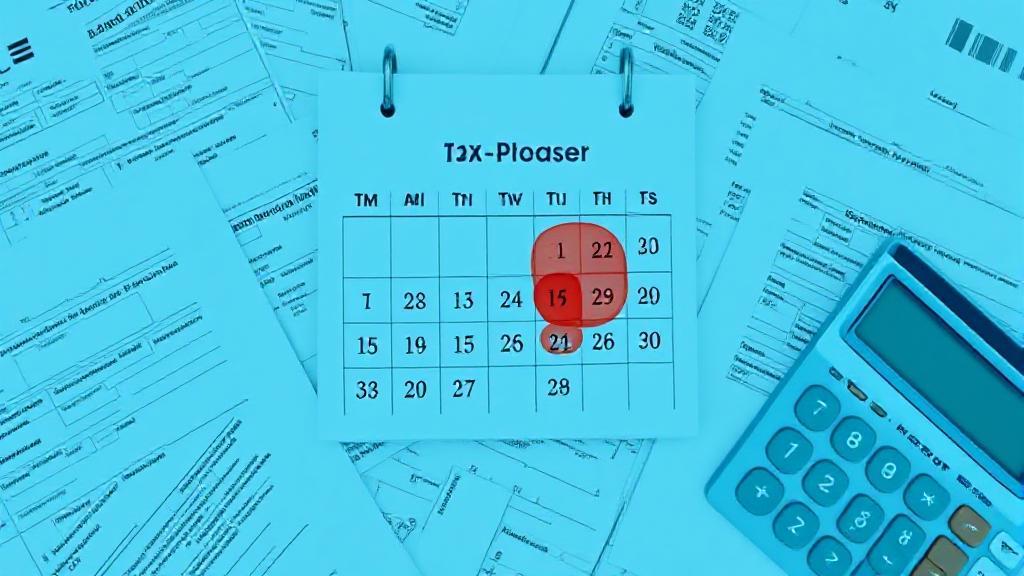Understanding the Tax Season Timeline
The tax season typically begins in January and ends in April, marking the period when tax returns must be filed with the government. Understanding when to start filing taxes can help you avoid last-minute stress and ensure compliance with tax laws.
Key Dates for the Tax Season
- January 1st: The tax year officially begins
- Late January: IRS begins accepting and processing tax returns (expected around January 23rd for 2024)
- January 31st: Deadline for employers to provide W-2 forms
- February 1st: Financial institutions must provide Form 1099-INT and Form 1099-DIV
- April 15th: Traditional deadline for filing federal tax returns
- October 15th: Extended filing deadline (with valid extension)
Benefits of Filing Early
- Faster Refunds: The IRS processes returns on a first-come, first-served basis and issues most refunds within 21 days
- Identity Theft Prevention: Early filing prevents criminals from filing fraudulent returns using your Social Security number
- More Time to Pay: If you owe taxes, filing early gives you more time to arrange payment
- Avoiding the Rush: Tax professionals and support lines become busier as the deadline approaches
- Peace of Mind: Complete your obligations early and focus on other financial planning
When to Start Preparing
December
- Gather necessary documents
- Review last year's return
- Make final tax-deductible contributions
- Schedule appointments with tax professionals
January
- Wait for tax documents to arrive
- Begin organizing receipts and records
- Review tax law changes
Required Documentation
- W-2 forms from employers
- 1099 forms for freelance work
- Interest statements (Form 1099-INT)
- Dividend statements (Form 1099-DIV)
- Charitable donation receipts
- Medical expense receipts
- Business expense records
Professional Help vs. Self-Filing
When to Consider Professional Help
- Business ownership
- Multiple income sources
- Major life changes
- Complex investments
- Real estate transactions
Self-Filing Options
- IRS Free File
- Commercial tax software like TurboTax or H&R Block
- IRS forms and publications
Remember that state filing deadlines may differ from federal deadlines. Check with your state's tax authority for specific dates and requirements.
Best Practices for Tax Season
- Stay organized by keeping all tax documents in one place
- Review tax law changes on the IRS Newsroom
- Plan for payments and consider installment plans if needed
- Create a tax document checklist
- Set up a filing system for tax records
Remember that while early filing has many advantages, accuracy is more important than speed. Take time to ensure all information is correct and complete before submitting your return to avoid amendments or delays in processing. For the most current information and deadlines, visit the IRS official website.
